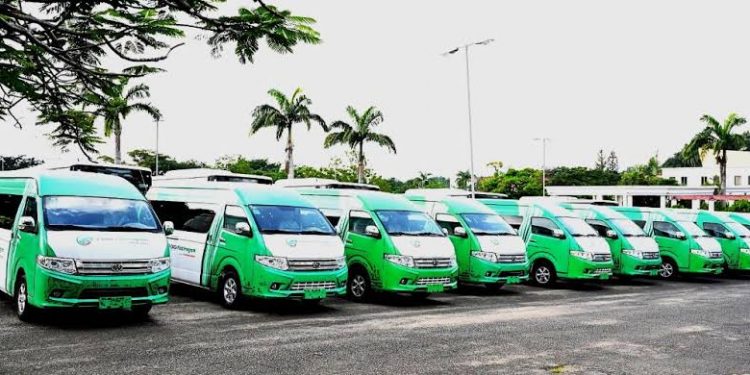The Presidential Compressed Natural Gas Initiative (PCNGI) has pledged to tackle lingering supply bottlenecks in a renewed push to provide Nigerians with cheaper and more reliable fuel alternatives. As high transport fares continue to strain commuters across the country, the PCNGI says stable gas supply is the missing link in translating vehicle conversions into meaningful savings for the public.
Despite the Federal Government’s growing investment in CNG adoption, the expected drop in transport costs has yet to materialise on a wide scale. Many commuters still report high fares, prompting questions about the effectiveness of the programme. Engr. Michael Oluwagbemi, Coordinator of the PCNGI, acknowledged these concerns, noting that without a dependable supply chain, even the most robust adoption campaigns cannot deliver full value to end users.
“The issue isn’t whether people are using CNG vehicles. Adoption and awareness have significantly improved,” Oluwagbemi said. “But access to gas at the right price, in the right volume, and at the right location is what will drive real change.”
To bridge this gap, the PCNGI has partnered with the Gas Aggregation Company of Nigeria (GACN) to launch a new Domestic Gas Market Framework. Expected to go live within two weeks, this framework is designed to facilitate the consistent delivery of compressed natural gas at subsidised rates. The arrangement will serve as a backbone for the government’s push to make gas a viable and accessible alternative to petrol and diesel.
Oluwagbemi further explained that until the gas supply infrastructure becomes more robust and widespread, the initiative will lean on “passive enforcement” and “moral suasion” to persuade transport operators to reduce fares. This includes appealing to transport unions, operators, and fleet owners to act in good faith by reflecting fuel savings in their pricing structures.
“We are not mandating fare cuts yet because we understand the challenges operators face with inconsistent supply,” he added. “But we believe that with collaboration, transparency, and consistent delivery of gas, the benefits will begin to reach ordinary Nigerians.”
The PCNGI’s efforts are part of the broader national energy transition agenda, which aims to reduce dependence on imported fossil fuels, cut carbon emissions, and build a more sustainable transport sector. The initiative is also working to expand refueling infrastructure, train technicians, and offer incentives to drivers and fleet owners willing to switch to gas-powered vehicles.
For many Nigerians facing economic pressures, especially in the transport sector, the success of this programme could provide much-needed financial relief. As the PCNGI moves into this next phase of implementation, the hope is that affordable fuel will not only be an option—but a reality.










